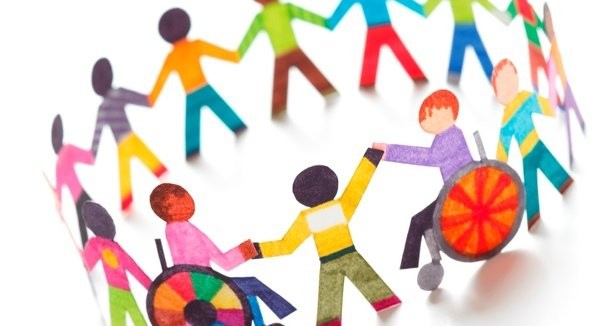Cultural Competence: Empowering Educational Diversity

Understanding and embodying Cultural Competence within the realm of education is pivotal in navigating the intricate tapestry of diversity that shapes learning environments. It’s not merely about tolerance; it’s about embracing the multifaceted dimensions of culture to foster an inclusive and empowering educational landscape.
Table of Contents
ToggleThe Essence of Cultural Competence
Cultural Competence in education encapsulates a spectrum of skills and attitudes that enable educators and students to effectively engage with diverse cultures. It’s the ability to comprehend, appreciate, and adapt to the beliefs, values, and practices of various cultural groups.
Promoting Inclusive Learning Spaces
At its core, Cultural Competence endeavors to cultivate inclusive learning spaces. It entails creating environments where students from all cultural backgrounds feel respected, valued, and represented. These spaces become fertile grounds for holistic learning and personal growth.
Cultural Proficiency in Pedagogy
Educators wielding Cultural Competence integrate cultural proficiency into their teaching methodologies. They acknowledge the impact of cultural diversity on learning styles and tailor their approaches to accommodate varied cultural perspectives and nuances.
Empathy and Cross-Cultural Understanding
The bedrock of Cultural Competence is empathy, the ability to step into the cultural shoes of others. It fosters cross-cultural understanding, enabling individuals to bridge gaps and connect authentically across diverse cultural boundaries.
Cultural Competence as a Lifelong Learning Journey
Embracing Cultural Competence is a continual learning journey. It involves self-reflection, a willingness to learn about different cultures, and a commitment to challenging one’s biases and assumptions.
Facilitating Intercultural Communication
In an education system promoting Cultural Competence, intercultural communication becomes fundamental. It nurtures the skills needed to navigate conversations and interactions respectfully across cultures, fostering mutual understanding and collaboration.
Cultural Competence in Curricular Diversity
Curricular diversity stands as a testament to Cultural Competence in action. A diverse curriculum acknowledges and incorporates cultural perspectives, histories, and contributions from various ethnicities, enhancing the educational experience.
Addressing Cultural Biases
Cultural Competence involves confronting and addressing cultural biases. Educators actively work to dismantle stereotypes and prejudices, fostering an environment where every student’s cultural identity is respected and celebrated.
Creating Global Citizens
The cultivation of Cultural Competence nurtures the development of global citizens. Individuals equipped with cultural competence are poised to navigate a globally connected world, respecting diversity and contributing positively to society.
Impact on Educational Outcomes
Research shows that embracing Cultural Competence positively impacts educational outcomes. It enhances student engagement, academic achievement, and overall well-being by fostering a sense of belonging and inclusivity.
Conclusion: The Power of Cultural Competence in Education
In essence, Cultural Competence is a catalyst that transforms educational landscapes into vibrant hubs of cultural diversity. It empowers students and educators alike to navigate the complexities of our interconnected world, promoting mutual respect, collaboration, and a deeper appreciation for the rich tapestry of human cultures. As we champion Cultural Competence in education, we not only enhance the learning experience but also cultivate a generation of individuals equipped to thrive in our diverse and interconnected global community.




